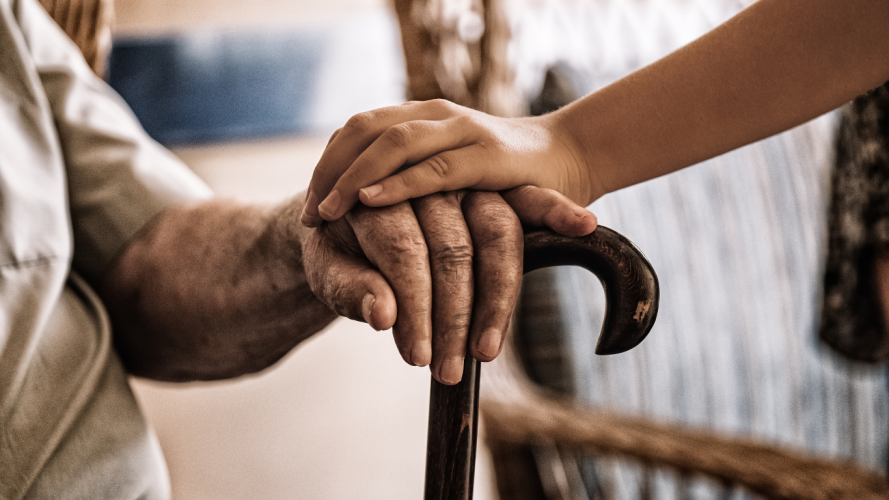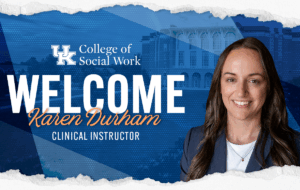Lexington, KY (August 28, 2024) – Researchers from the University of Kentucky College of Social Work (CoSW), including Dr. Laneshia Conner, Dr. Katie Showalter, and Ph.D. candidate Rujeko Machinga-Asaolu, have published a critical study on HIV risk behaviors among adults aged 60 and older. The study, titled “Geographic Patterns of Human Immunodeficiency Virus (HIV) Risk Behaviors Among Older Adults: A Strategy for Identifying Space as a Risk Exposure,” provides vital insights into regional disparities in HIV risk, particularly in the Southern U.S., where the burden is disproportionately high.
In the United States, approximately 1.2 million people are living with HIV, with the Southern U.S. accounting for about 52% of new diagnoses. This study highlights the significance of geographically targeted prevention efforts and policies, especially for vulnerable populations like Black/African American and Hispanic/Latino communities, who are disproportionately affected by HIV.
This research is particularly relevant for gerontologists, offering a rare examination of HIV risk at both the individual and regional levels among older adults. By utilizing a nationally representative sample, the study provides actionable insights for gero-focused practitioners, researchers, and policymakers.
As the aging population grows, understanding HIV risk behaviors through geographic patterns becomes crucial. Analyzing data by regions, census divisions, and other markers offers a unique ecological perspective that can fill important knowledge gaps about laws, policies, and challenges affecting older adults’ HIV prevention. Geospatial technologies and population-based surveys can identify areas with higher HIV risk, enabling targeted interventions to maximize public health impact.
Read the full article here: Journal Link.






